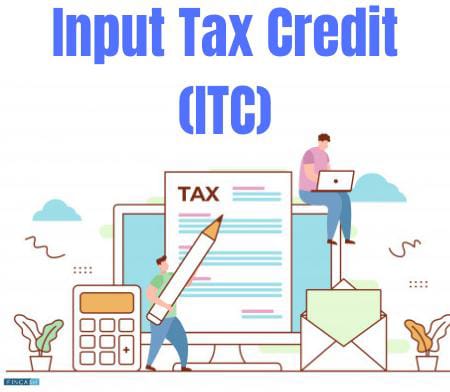
Allahabad HC: Authorities Can Act Against Wrongful ITC Claims from Non-Existent Firms
By: Admin
May 18, 2024
Categories: GST Recent News
4 Min Read

The Allahabad High Court ruled that authorities are not barred from taking action against wrongful claims of input tax credit (ITC), even if the firms involved were registered at the time of the transactions. Justice Subhash Vidyarthi emphasized that fraud invalidates even the most formal proceedings. He stated that the fact that ITC benefits were previously granted to the petitioner, merely because the firms were registered, does not prevent authorities from reclaiming benefits wrongly availed on the grounds of receiving supplies from non-existent firms.
Section 16 of the Goods and Service Tax Act outlines the conditions for claiming ITC. According to Section 16(2)(b), ITC can only be claimed if the claimant has received the goods or services. Rule 36 of the Goods and Service Tax Rules specifies the documents and additional conditions required for claiming ITC. The court clarified that “received the goods” means the claimant must have actually received the goods.
The court concluded that ITC cannot be claimed solely based on the documents listed in Rule 36 if the goods have not actually been received. If it is proven that the transaction was only on paper, the claimant is not entitled to ITC benefits under Section 16(2)(b) of the GST Act.
Factual Background:
The petitioner filed GSTR 3B for May, August, and December 2019. A survey conducted on February 25, 2020, by the Deputy Commissioner, Special Investigation Branch, Commercial Tax, Lucknow, found that the petitioner had claimed ITC on certain inward supplies. Later surveys revealed that the firms from which ITC was claimed were non-existent and bogus, and the petitioner had wrongfully claimed Rs. 15,93,491 in ITC based on fake invoices.
During proceedings under Section 74 of the Act, the petitioner submitted various documents, including invoices, goods receipts, e-way bills, ledger and bank statements, RTGS transaction evidence, proof of physical receipt of goods, and stock registers. However, the explanation was rejected based on the SIB report, which determined that tax invoices had been issued without actual goods supply. Consequently, ITC benefits were denied, and penalties with interest were imposed.
An appeal by the petitioner was also rejected, with findings that the alleged transactions were with bogus firms and no actual goods were transported. The petitioner’s counsel argued that the firms had valid GSTIN registration at the time of the transactions and that compliance with Section 16 of the GST Act and Rule 36 of the GST Rules should suffice for ITC claims.
High Court Verdict:
The court noted that the petitioner initially met the requirements of Section 16 for ITC. However, an inquiry revealed the firms were non-existent and only existed on paper. The court stated that the firm’s registration at the transaction date does not obligate the department to grant ITC benefits if the firm was later found to be non-existent and incapable of making actual supplies.
The court ruled that claiming ITC from non-existent firms constitutes fraud against the department and the public exchequer. The SIB report provided sufficient evidence to support the Adjudicating Authority’s order imposing penalties on the petitioner. Thus, the writ petition was dismissed.
Case Title: M/S Rajshi Processors Raebareli Thru. Its Partner Ashok Kumar Lakhotia v. State Of U.P. Thru. Prin. Secy. Deptt. Of State Tax, Lko. And 2 Others [WRIT TAX No. – 128 of 2024]